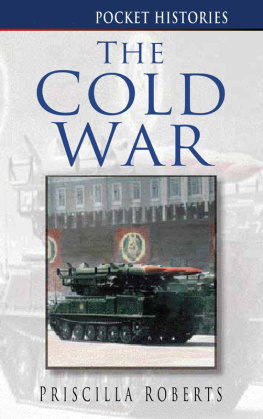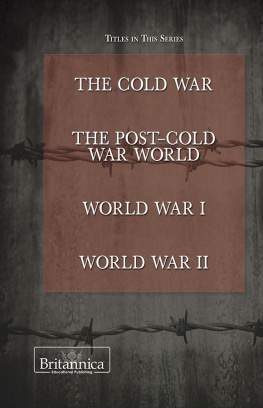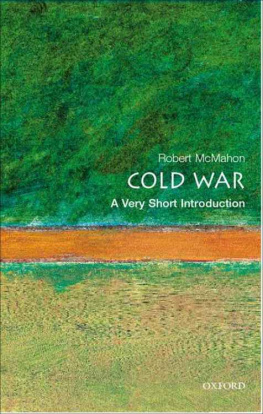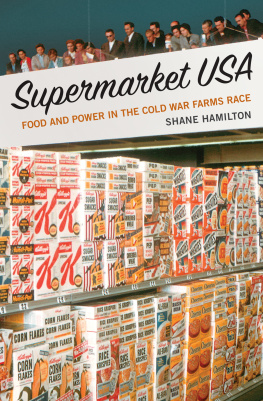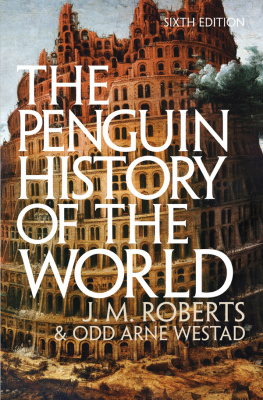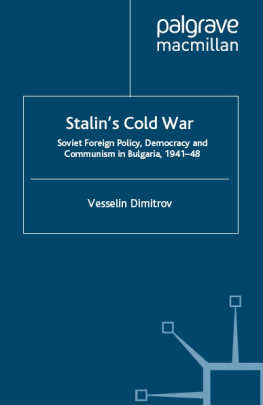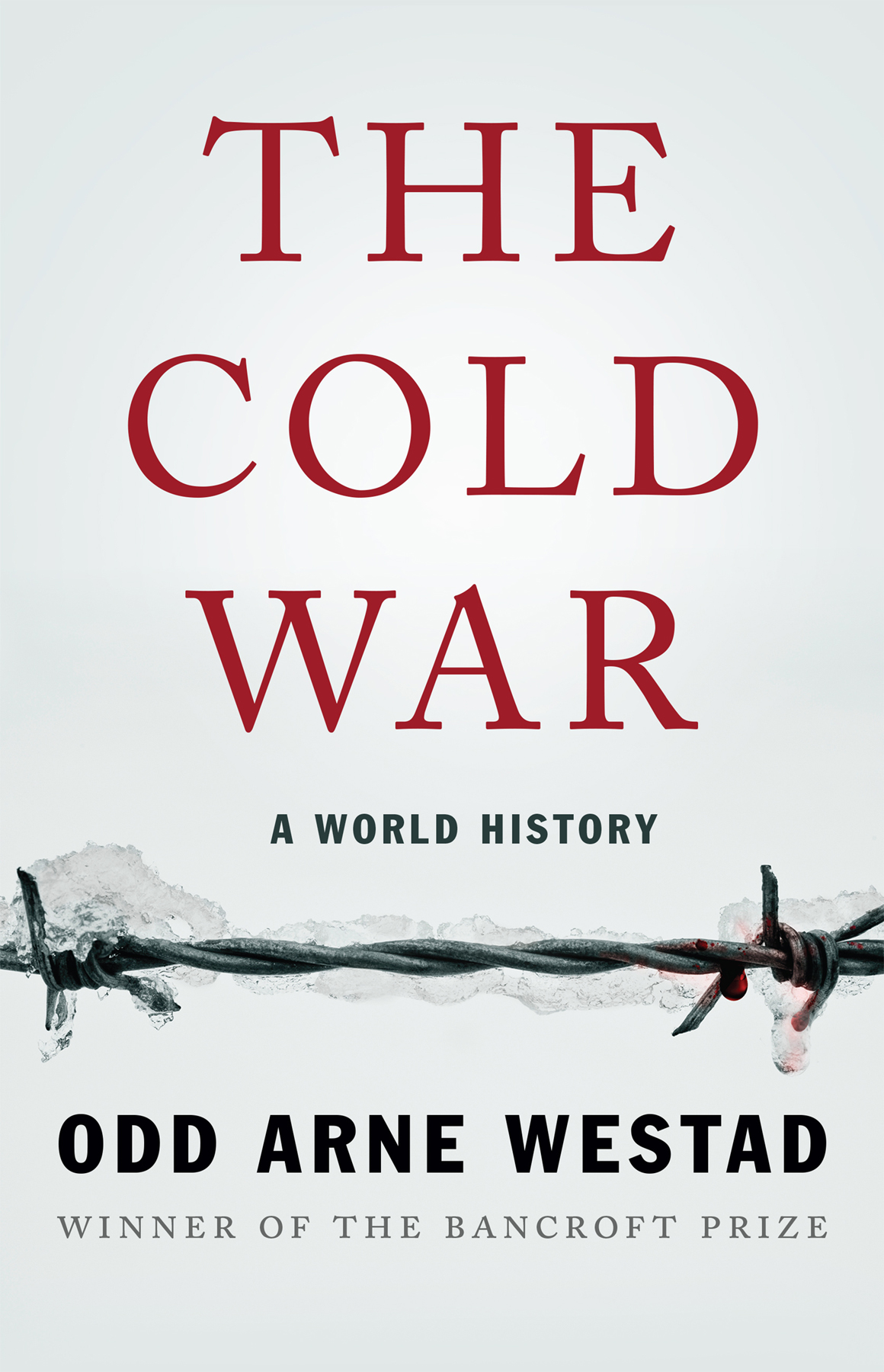Hachette Book Group supports the right to free expression and the value of copyright. The purpose of copyright is to encourage writers and artists to produce the creative works that enrich our culture. The scanning, uploading, and distribution of this book without permission is a theft of the authors intellectual property. If you would like permission to use material from the book (other than for review purposes), please contact permissions@hbgusa.com. Thank you for your support of the authors rights.
Published by Basic Books, an imprint of Perseus Books, LLC, a subsidiary of Hachette Book Group, Inc.
The Hachette Speakers Bureau provides a wide range of authors for speaking events. To find out more, go to www.hachettespeakersbureau.com or call (866) 376-6591.
The publisher is not responsible for websites (or their content) that are not owned by the publisher.
Print book interior design by Cynthia Young.
Library of Congress Cataloging-in-Publication Data has been applied for.
When I was a boy in Norway during the 1960s, the world I grew up in was delimited by the Cold War. It split families, towns, regions, and countries. It spread fear and not a little confusion: Could you be certain that the nuclear catastrophe would not happen tomorrow? What could set it off? The Communistsa tiny group in my hometownsuffered the suspicions of others for having different points of view, and perhapsit was said often enoughdifferent loyalties, not to our own country, but to the Soviet Union. In a place that had been occupied by Nazi Germany during World War II, the latter was a serious matter: It implied betrayal, in a region that was wary of treason. My country bordered the Soviet Union in the north and at the slightest increase in the temperature of international affairs, tension also mounted along the mostly frozen river where the frontier was set. Even in tranquil Norway the world was divided, and it is sometimes hard to remember how intense its conflicts were.
The Cold War was a confrontation between capitalism and socialism that peaked in the years between 1945 and 1989, although its origins go much further back in time and its consequences can still be felt today. In its prime the Cold War constituted an international system, in the sense that the worlds leading powers all based their foreign policies on some relationship to it. The contending thoughts and ideas contained in it dominated most domestic discourses. Even at the height of confrontation, however, the Cold Waralthough predominantwas not the only game in town; the late twentieth century saw many important historical developments that were neither created by the Cold War nor determined by it. The Cold War did not decide everything, but it influenced most things, and often for the worse: The confrontation helped cement a world dominated by Superpowers, a world in which might and violenceor the threat of violencewere the yardsticks of international relations, and where beliefs tended toward the absolute: Only ones own system was good. The other system was inherently evil.
Much of the legacy of the Cold War centers on these kinds of absolutes. At their worst they can be seen in the American wars in Iraq and Afghanistan: the moral certainties, the eschewal of dialog, the faith in purely military solutions. But they can also be found in the doctrinaire belief in free market messages or the top-down approach to social ills or generational problems. Some regimes still claim authoritarian forms of legitimacy that go back to the Cold War: China is the biggest example, of course, and North Korea the most dreadful one, but dozens of countries, from Vietnam and Cuba to Morocco and Malaysia, have significant elements of the Cold War built into their systems of government. Many regions of the world still live with environmental threats, social divides, or ethnic conflicts stimulated by the last great international system. Some critics claim that the concept of never-ending economic growth, which may in the longer run threaten human welfare or even the survival of humanity, wasin its modern forma creation of Cold War competitions.
To be fair to an international system (for once), there were also less injurious aspects of the Cold War, or at least of the way the conflict ended. Very few western Europeans or southeast Asians would have preferred to live in the type of Communist states that were created in eastern parts of their continental neighborhoods. And although the legacy of US interventions in Asia is usually roundly condemned, a majority of Europeans were and are convinced that the US military presence within their own borders helped keep the peace and develop democracies. The very fact that the Cold War confrontation between the Superpowers ended peacefully was of course of supreme importance: With enough nuclear weapons in existence to destroy the world several times over, we all depended on moderation and wisdom to avoid an atomic Armageddon. The Cold War may not have been the long peace that some historians have seen it as being. But at the upper levels of the international systembetween the United States and the Soviet Unionwar was avoided long enough for change to take place. We all depended on that long postponement for survival.
H OW SPECIAL, THEN, was the Cold War as an international system compared with other such systems in history? Although most world orders tend to be multipolarhaving many different powers contendingthere are some possible comparisons. European politics between the 1550s and the early seventeenth century were, for instance, deeply influenced by a bipolar rivalry between Spain and England, which shared some of the characteristics of the Cold War. Its origins were deeply ideological, with Spains monarchs believing they represented Catholicism, and the English, Protestantism. Each formed alliances consisting of its ideological brethren, and wars took place far from the imperial centers. Diplomacy and negotiations were limitedeach power regarded the other as its natural and given enemy. The elites in both countries believed fervently in their cause, and that the course of the centuries to come would depend on who won the contest. The discovery of America and the advance of science in the century of Kepler, Tycho Brahe, and Giordano Bruno made the stakes very high; whoever came out on top would not only dominate the future, it was believed, but would take possession of it for their purposes.
But apart from sixteenth-century Europe, eleventh-century China (the conflict between the Song and Liao states), and, of course, the much-explored rivalry between Athens and Sparta in Greek antiquity, examples of bipolar systems are quite rare. Over time, most regions have tended toward the multipolar or, though somewhat less commonly, the unipolar. In Europe, for instance, multipolarity reigned in most epochs after the collapse of the Carolingian empire in the late ninth century. In eastern Asia, the Chinese empire was predominant from the Yuan dynasty in the thirteenth century to the Qing dynasty in the nineteenth. The relative lack of bipolar systems is probably not hard to explain. Requiring some form of balance, they were more difficult to maintain than either unipolar, empire-oriented systems or multipolar, broad-spectrum ones. Bipolar systems were also in most cases dependent on other states that were not immediately under the control of the Superpowers but still bought into the system in some form, usually through ideological identification. And in all cases except the Cold War, they ended in cataclysmic warfare: the Thirty Years War, the collapse of the Liao, the Peloponnesian War.


